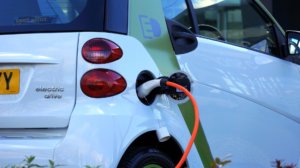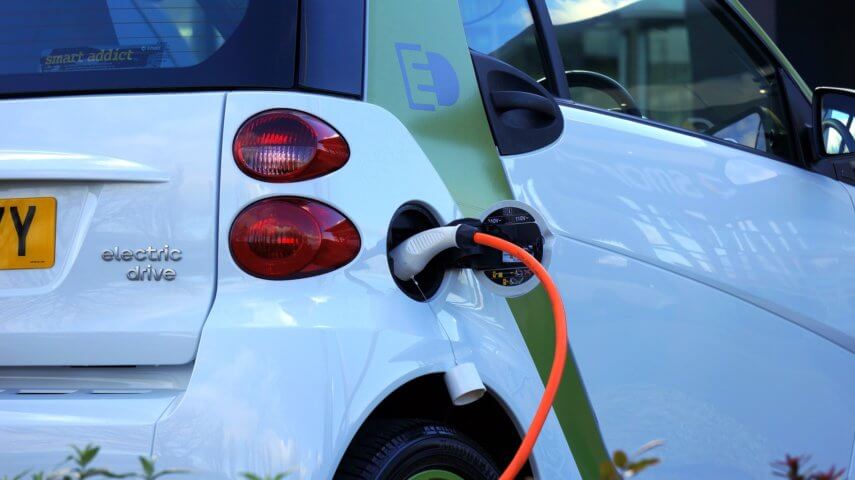
Our provincial parks will get a little greener this summer.
NB Power and the Department of Tourism, Heritage and Culture recently announced the province’s electric vehicle charging network is expanding to include new stations at provincial parks and tourist attractions.
Expected to be up and running early this summer, the 12 standard level-2 charging stations will be installed at:
- Mactaquac Provincial Park
- Parlee Beach Provincial Park
- De la République Provincial Park
- New River Beach Provincial Park
- Hopewell Rocks
- Village Historique Acadien
“Installing charging stations at our provincial parks and attractions ensures our government is meeting the increase in demand for cleaner transportation methods for our tourists and residents, as well as supporting private and public sector efforts towards building a clean economy,” Environment and Local Government Minister Andrew Harvey said.
New Brunswick is the first fully-connected province with a fast charging network for electric vehicles, currently boasting 31 standard level-2 stations, and 18 fast-charging stations.
NB Power’s eCharge Network also features an app for electric vehicle drivers to find nearby charging stations.
The charging stations will be a refreshing new feature for our provincial parks and attractions, encouraging visits from electric vehicle drivers, and supporting eco-friendly modes of transportation as we transition to a low-carbon economy.
EVs on the rise
The Conservation Council’s Climate Action Plan calls on the Government of New Brunswick to help accelerate the sale of electric and hybrid family vehicles by offering financial incentives similar to what are offered in Quebec, Ontario, and British Columbia. The Conservation Council’s proposal is calling for 10,000 electric vehicles on our roads by 2020, and then increasing that number to between 140,000 to 150,000 by 2030.
This goal is achievable and realistic and will have a profoundly positive impact on the air we breath. The average driver in New Brunswick clocks about 20,000 km a year on their odometers, producing five tonnes of carbon pollution. By 2030, New Brunswick could remove nearly 500,000 tonnes of carbon pollution if we can get 100,000 electric and hybrid vehicles rolling off the car lots.
Emissions from transportation – that includes family vehicles, public transit, garbage trucks, and transport trucks – contributes 25 per cent of New Brunswick’s 17 million tonnes of annual greenhouse gas emissions. The solutions are out there, they are becoming cheaper, and more accessible then ever before.
Recommended links:
- The Benefits of Electric Cars
- eCharge Network a key step: Corbett on transition to electric vehicles
- Public Electric Vehicle Charging Network Coming to N.B.
- 2020: The Decade of the Electric Vehicle
- Ride on the Electric School Bus
- The revolution will be motorized with electricity: The Shift toward electric cars is happening in Canada now
- SJ launches province’s first airport EV charging station

